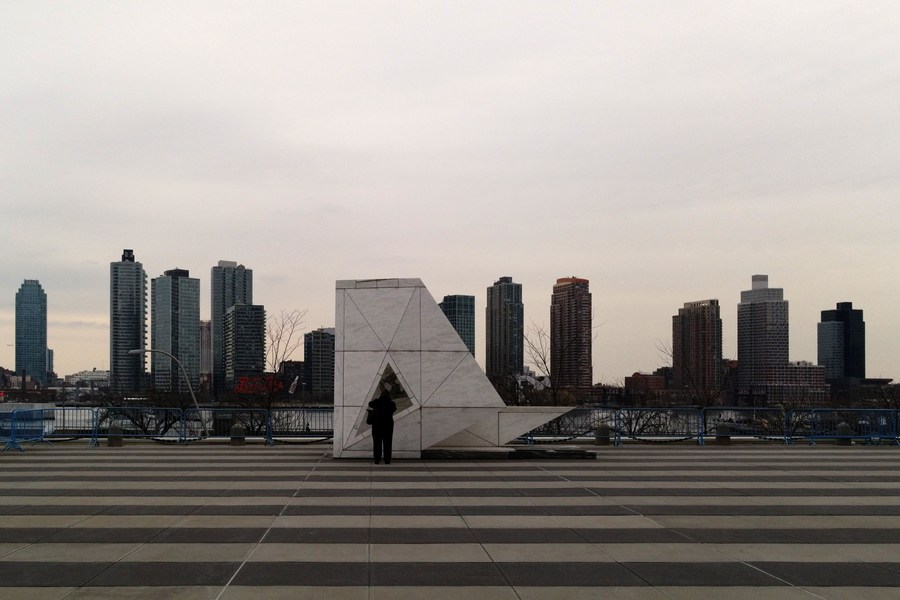More US colleges feel heat amid slave reparations calls


A growing number of universities in the United States are examining their links to the transatlantic slave trade and the wealth they acquired from it, as student movements call on them to offer financial reparations to the descendants of slaves and use taxes and endowment funds to help local communities.
Harvard University announced in April that it had put aside $100 million for an endowment fund and other initiatives aimed at lessening the educational and economic chasm caused by the legacy of slavery.
It came after Harvard's President Lawrence Bacow commissioned a 130-page report that found that Harvard's faculty, staff and leaders enslaved over 70 black and Native American people from 1636, when the school was founded, to 1783.
Harvard, along with Brown University, the University of Chicago, Princeton, Georgetown, Yale, Columbia and others, gained vast financial wealth into the 19th century from the slave trade. Many benefactors and past presidents of schools also owned African slaves until slavery was abolished in the US in 1865.
At Brown University in Providence, Rhode Island, the student-led group The Coalition for University Accountability was formed in 2020 and helped put forth two bills in the city government aimed at further taxing the university to help the local community. Brown contributes $4.4 million annually to the city.
The first bill would allow cities and towns to tax properties owned by private colleges, regardless of whether the property is used in support of the school's mission. If Brown's properties were not tax-exempt, it would generate $49 million annually, the state's General Assembly said in April.
Another bill would allow the city to tax Brown's $6.9 billion endowment at 2 percent for money that could be used in "the host's public school district".
"We oppose both the effort to tax properties used for the academic activity that enables universities like Brown to benefit the local economy so extensively, as well as the tax on charitable giving to institutions that contribute to the public good in significant and enduring ways," Brian Clark, associate vice-president for news and editorial development at Brown, told China Daily.
Links examined
Brown began examining its links to slavery in 2006 when the school's steering committee on slavery and justice released a report that found one of its past presidents, John Calhoun, owned slaves and was pro-slavery.
At the University of Chicago, the on-campus student organization UChicago Against Displacement is working with the community to stop the university's active displacement of residents who live on the city's South Side.
The organization demands reparations for the area with a 93 percent African American population, which is also the childhood home of former first lady Michelle Obama.
They want the institution to pay $1 billion in reparations over the next 20 years to finance long-term affordable housing on the South Side and provide a $20 million annual fund for rental assistance and local schools.
"The University of Chicago has developed deep partnerships with our community and the city of Chicago, and we are continuing to make far-reaching contributions to address community priorities and enhance the quality of life on the South Side," Gerald McSwiggan, associate director for public affairs at the university, told China Daily.
McSwiggan said the school's "Commitment to Chicago" initiative provided $725,000 in funding to community-based organizations, employed 13,000 Chicago residents in 2020 and spent $720 million in construction contracts with minority-and women-owned businesses over the past 10 years.

































